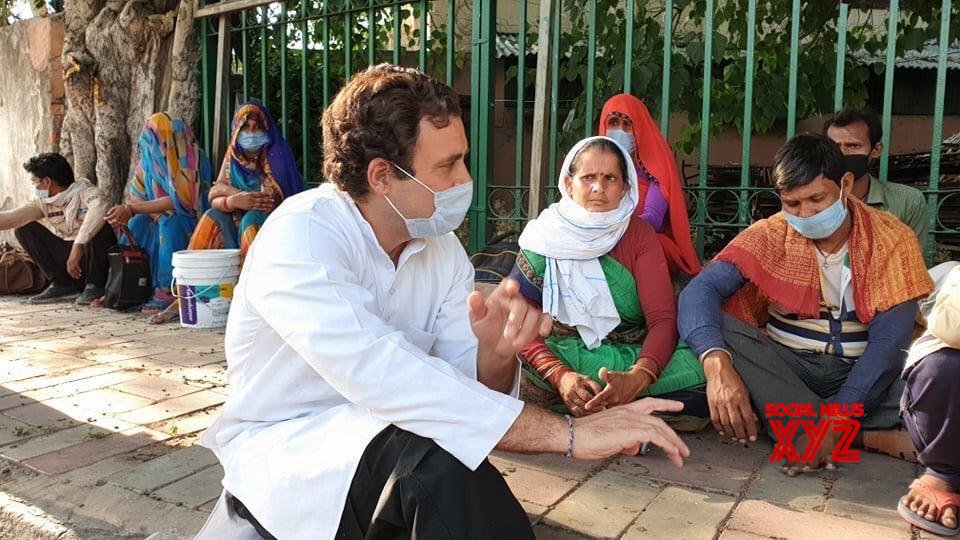Is it possible that you have emigrated? or emigrated soon?in another country, for study or work reasons, during an extended stay or indefinitely. In these cases, it is common to deal with immigration grief, which occurs when you leave home, family and friends.
Have you thought about what would happen if you separated today and indefinitely from your close family and friends? If tomorrow you wake up in a different country than yours, where customs and lifestyles are completely different? What if, when you wanted to express how you feel, do you feel so many changes, the language, the accent or the vocabulary of others was different from yours and you couldn’t find the way to do it? These are common situations in which this type of disorder occurs.
- When a loss situation occurs.
- Our brain begins to make a series of emotional and cognitive adjustments.
- Adaptations that are necessary so that we can adapt to what will be our new reality.
This is what we call “death. ” As a result, some manifestations or symptoms of this adaptation process appear, some examples are loss of appetite, anxiety or sleep-related problems, in turn emotions arise that we feel as negative, such as sadness or anger.
In the case of immigration mourning, this unrest does not usually appear at the beginning, since we have just left our lands and we are always closing the formalities and detailed documentation of what will become our new home, that is, when our attention is always focused on the urgent to integrate in the best possible way.
However, some time after we left our homeland, we really began to focus our attention on ourselves, is this the reason why migratory grief is also called the 6-month disease? Which is generally considered the adaptation period, although it receives other popular names. culture, like melancholy and nostalgia for poets.
As emigrating involves adding several losses, there would actually be talk of multiple bereavement, which is the loss of the home, the loss of loved ones and family members, the loss of work and, perhaps, the main cause of discomfort, the loss of identity. It is usually motivated by precarious economic conditions, situations of violence in the country of origin, wars, persecutions, etc. , are reasons, in themselves, that aggravate the situation of unrest.
For all these reasons, if you plan to visit a remote location in the near future, if you have just moved to what your host country will be, or if you know someone who is in this situation, we will show you here some tips to make adaptation as positive and beneficial as possible.
Creating false expectations about the destination country can mean that you end up very disappointed with your new home, it is better not to create expectations so that, later, more objectively, you can see the good and bad things of the country. On the other hand, it is also not advisable to idealize the return to your country, thinking that everything will be better than before.
From my own experience, I lived in Norway for a year and realized that we over-idealize the Nordic countries. Of course, there are many things that are done well and many positive things when it comes to living there, but everywhere there are issues that can affect us more or less.
Keep in mind that life is an ever-changing process, immigration has existed since the beginning of humanity, and the fact that you are now forced, for some reason, to move to another country does not mean that in the future you will no longer do so. to be able to go home, or maybe move to another country to learn more cultures.
With this advice it will be easier to control the levels of stress generated by the change and the process of integration and adaptation to another country, so that this immigration duel does not have such a strong effect on us.

